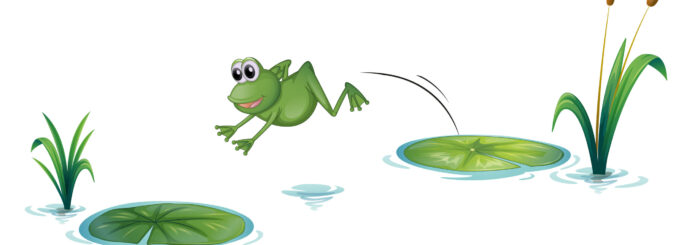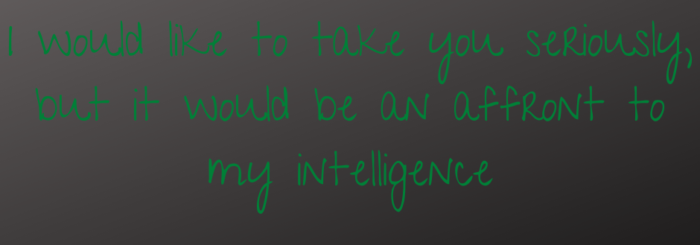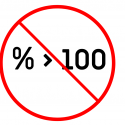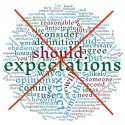So, I’m a Word Nerd. This is different from a Grammar Nazi. I barely know the difference between an adverb and an adjective, do not ask me to diagram your sentence!
As a Word Nerd, I get to love words – how they sound, how they came to be, the emotions they evoke, and their synonyms. A word, and its synonyms, that comes up frequently in my life is subtlety. Loosely defined, subtlety in language is the ability to make your point without a sledgehammer. (If you know me, you know I own several metaphorical sledgehammers.)
Some people refer to subtlety as having a filter. I own a tee shirt that says, “Sorry, my filter is broken.” I own that one because I can’t find one that says, “Filter installation failed!”
Tact is another good word. Someone once gave me a pad of sticky notes that says, “Tact is for weenies.” ‘Nuf said.
Next, we have diplomacy – a highly valued skill with many snarky definitions. Let’s say that if my diplomatic skills were what stood between us and the end of the world, we would be doomed.
Then we have irony, the ultimate art form of subtlety. Dictionaries tend to define irony as when what is expected doesn’t happen. Crossword puzzles frequently give the clue “twist of fate” for irony. Personally, I like the social media definition of irony: the opposite of wrinkly.
 I believe that the best example of irony as an art form is British comedy. Anyone who says that British humor is stupid is just too chicken to admit that they don’t get it. It is extremely intelligent, extremely funny, and extremely ironic.
I believe that the best example of irony as an art form is British comedy. Anyone who says that British humor is stupid is just too chicken to admit that they don’t get it. It is extremely intelligent, extremely funny, and extremely ironic.
I don’t get most British humor because I don’t get irony. It’s too subtle for me.
So, while subtlety and I tend to reside in alternate universes, I’ve got sarcasm down.
I own another shirt that says, “Fresh sarcasm served daily.” It sums me up quite well. I am so good at sarcasm that, frequently, people don’t know that I’m being sarcastic.
That, oddly enough, is extremely ironic.
Besides being a bit I created as a stand-up routine, all of this demonstrates that you want to know what you’re getting in a writer.
People like me, who can’t beat around a bush without everyone getting lost, are not your best choice for creating content that gently persuades or tries to convince someone to do something they are not normally inclined to do. I’m much better at explaining what is, why it is, and what to do about it.
– Lorrie Nicoles






